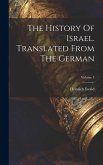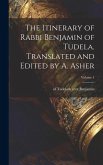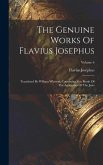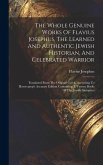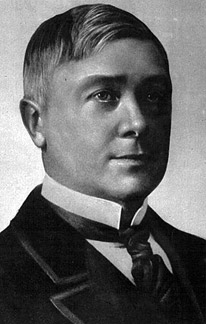This book contains Maurice Maeterlinck's "The Great Secret", translated into English from the original French by Bernard Miall. Within it, Maeterlinck outlines what he has learned about the occult after spending significant amounts of time in various countries including Egypt, India, and Greece. This fascinating volume is highly recommended for those with an interest in the occult, especially as it relates to ancient history and cultures. Maurice Polydore Marie Bernard Maeterlinck (1862 - 1949) was a Belgian poet, essayist, and playwright who composed his works in French. In 1911, he was awarded the Nobel Prize in Literature. Contents include: "Prologue", "India", "Egypt", "Persia", "Chaldea", "Greece Before Socrates", "The Gnostics and the Neoplatonists", "The Cabala", "The Alchemists", "The Modern Occultists", "The Metaphysics", and "Conclusions". Many vintage books such as this are becoming increasingly scarce and expensive. It is with this in mind that we are republishing this volume now in an affordable, modern, high-quality edition complete with a specially-commissioned new biography of the author.
Bitte wählen Sie Ihr Anliegen aus.
Rechnungen
Retourenschein anfordern
Bestellstatus
Storno



